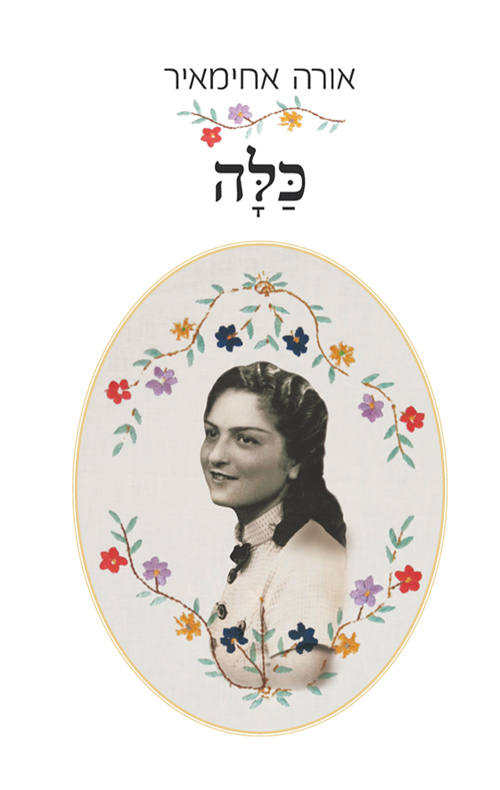
Bride
Ora Ahimeir knew nothing of her mother Haya’s first marriage—she died of heart disease at age thirty-four—until a chance meeting with a woman in the U.S. exposed the secret: her mother’s first husband was murdered. Another thirty years would go by before a clue led the author, almost like a detective, to unravel her mother’s secret past. Then she sat down and wrote a gripping book about her, her family, and the Old Yishuv—the Jews of Palestine—in the first half of the 20th century.
The clue, discovered in the Safed museum in Upper Galilee, was an invitation to her mother’s wedding on which someone had written: “Four days after the wedding he was murdered.” David was a Jewish constable in the British Mandate police force, who had come as a pioneer from Hungary; Haya, the 18-year-old bride, came from a respected Hasidic family in Safed. The two young people fell in love, and in spite of her family’s disapproval, they married. This was 1938, the year of the Arab Revolt, and a few days after the wedding David was shot in the back on his way to work, apparently by an Arab. Haya, who had rebelled against her family, was suddenly a widow as well as an outcast in her own hometown, where her tragic fate was seen as punishment for her sins. She moved to Jerusalem and turned over a new leaf, but never really recovered from the love of her youth.

-
“[This] book … touched my heart. [The stories] are all drawn with a fine, meticulous and loving hand. There is in [the] writing something of the quiet after the storm, a quiet that is hot, full of detail. And the quiet in the writing touches the reader more than screaming or wailing would. Also the architecture of the book, the movement between periods and places, is beautiful.”
-
“Bride combines a gripping documentary narrative with a sensitive psychological novel centered on the emotion-steeped relationship and longings of a daughter for her lost mother. ”
-
“A heart-wrenching personal account … This is a story painted on a broad canvas about a period and its people.”
-
“A really wonderful story … After the death of the bridegroom, the encounter with his family is one of the most moving parts of the book … The author writes courageously about the lives of her parents and their weaknesses.”
-
“An impressive and exciting account … The personal aspect adds credibility and Ahimeir’s narrative technique recalls suspense stories … As reality and imagination feed each other, an important and gripping work is born. ”
